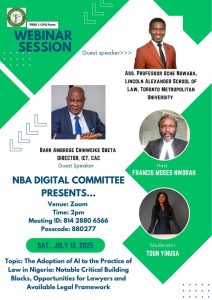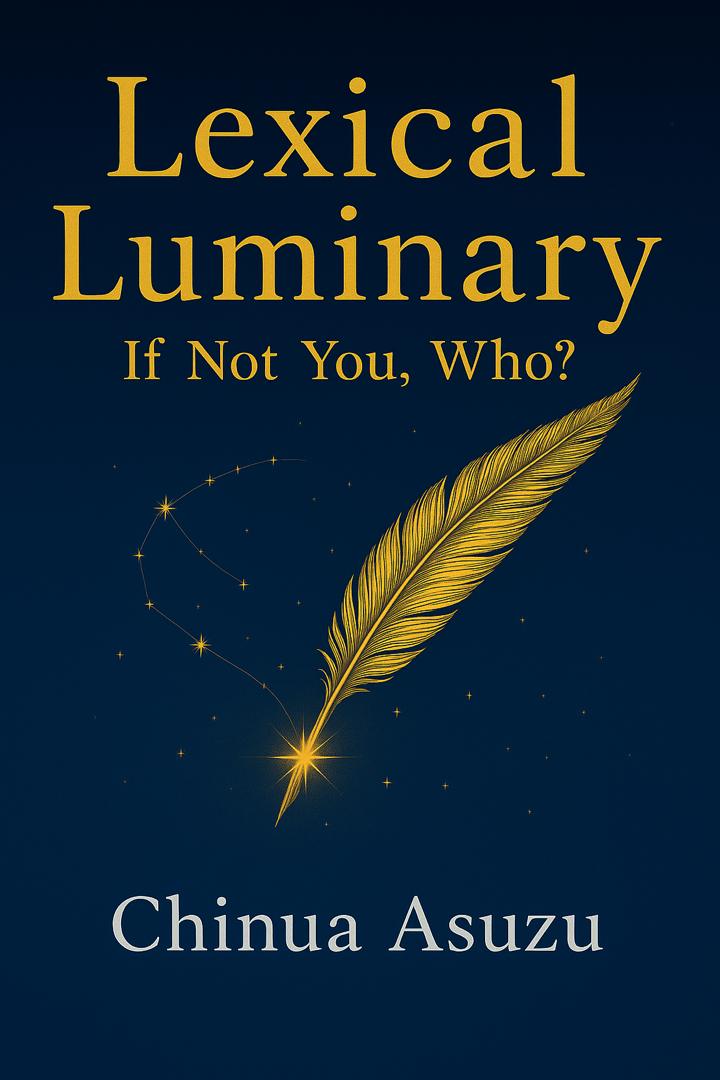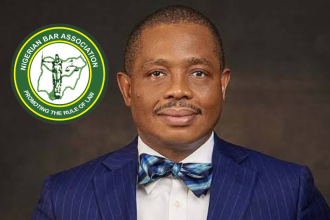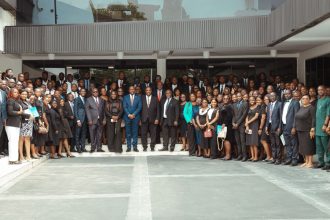By Chinua Asuzu
Most lexicographers, especially at descriptivist institutions like Merriam-Webster, don’t prescribe how language should be used. They describe how language is used.
So when a dubious word or a distorted meaning gains traction in the wild, they usher it into the dictionary on the spurious ground of mere existence in the linguistic ecosystem.

Some words are listed just so you’ll understand what semiliterate people mean when they use them, not so you’ll use them yourself.
Here lies the great divide in modern linguistics: prescriptivism versus descriptivism.
The prescriptivist defends standards, usage rules, and grammatical integrity. The descriptivist chronicles language in motion, however fractured, misbegotten, vulgarized, or informal.
If prescriptivists are the lexical gatekeepers, descriptivists are the lexical gatecrashers. As Merriam-Webster itself admits, inclusion “does not imply approval of a term or its use.”
Lawyers are prescriptivists. We have to be. Legal writing demands standards. As prescriptivists, we reject the idea that frequency of misuse justifies legitimization. We champion clarity, convention, and logic.

Some dictionary entries are cautionary tales. Exhibit A: “severally,” which some dictionaries now define, secondarily, as “several times”—a usage born of ignorance if not illiteracy.
The word “severally” has long meant and still means “separately, individually,” as in the legal phrase “jointly and severally liable.”
If you mean “several times,” then say “several times.” “Conversate,” “disorientated,” “irregardless,” and “majorly” are all in some dictionaries, but they should never feature in your speech or writing.
Lawyers and other serious writers should familiarize themselves with usage dictionaries and not rely solely on general or lexical dictionaries. ‘Garner’s Modern English Usage,’ now in its 5th edition, is highly recommended.
Slavish deference to general dictionaries undermines that linguistic and semantic maturity that should be part of a lawyer’s professional arsenal.
A certain degree of linguistic sophistication is expected of a lawyer. Let us not bow before lexicographical populism. Let us resist the creeping normalization of error by entry in self-disrespecting dictionaries.
Unlike descriptivists, who are in a hurry to inflate their dictionaries with dubious entries, prescriptivists like me and hopefully you strive to uphold Standard Written English, with its grammatical, lexicographical, and linguistic standards.
We prescriptivists understand that not all change is progress. Language may evolve, but that evolution should be guided, not left to drift.
So, no. Mere entry in a dictionary does not qualify a word for use as defined or at all.










